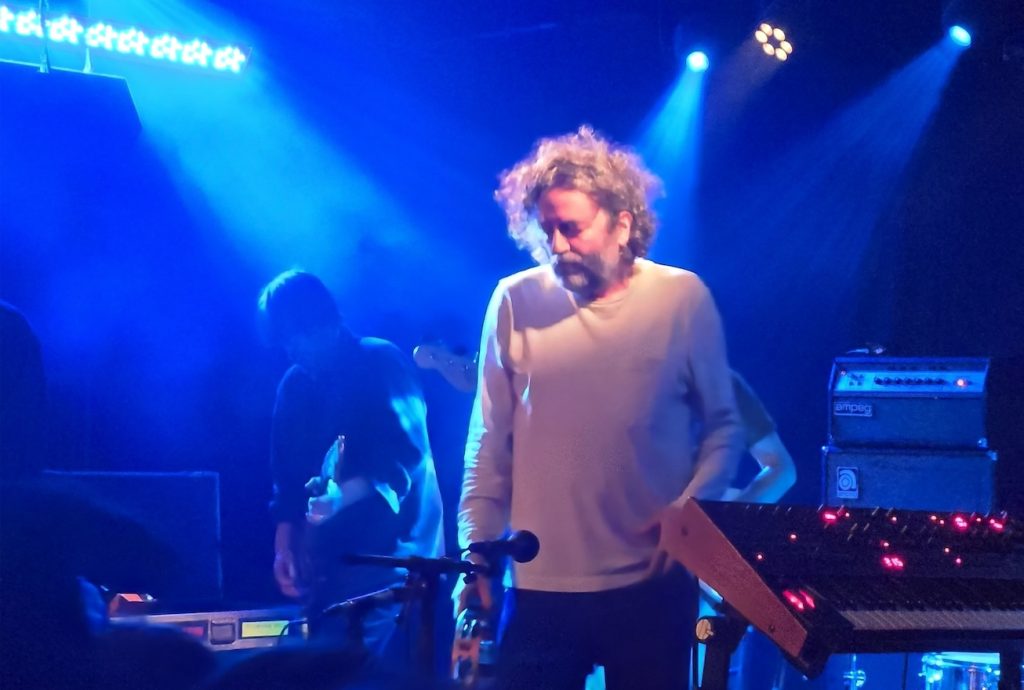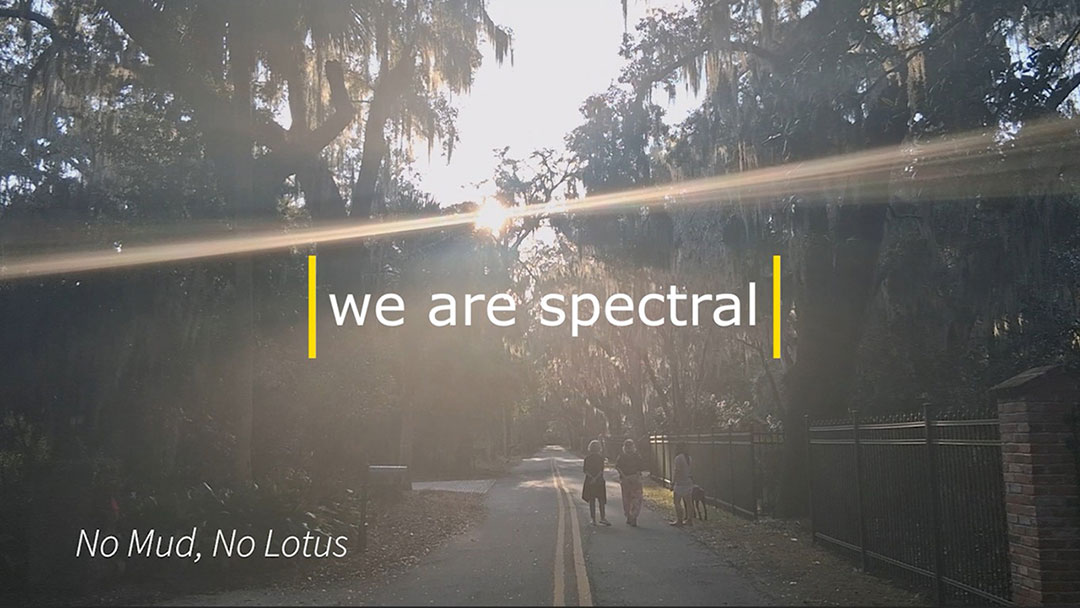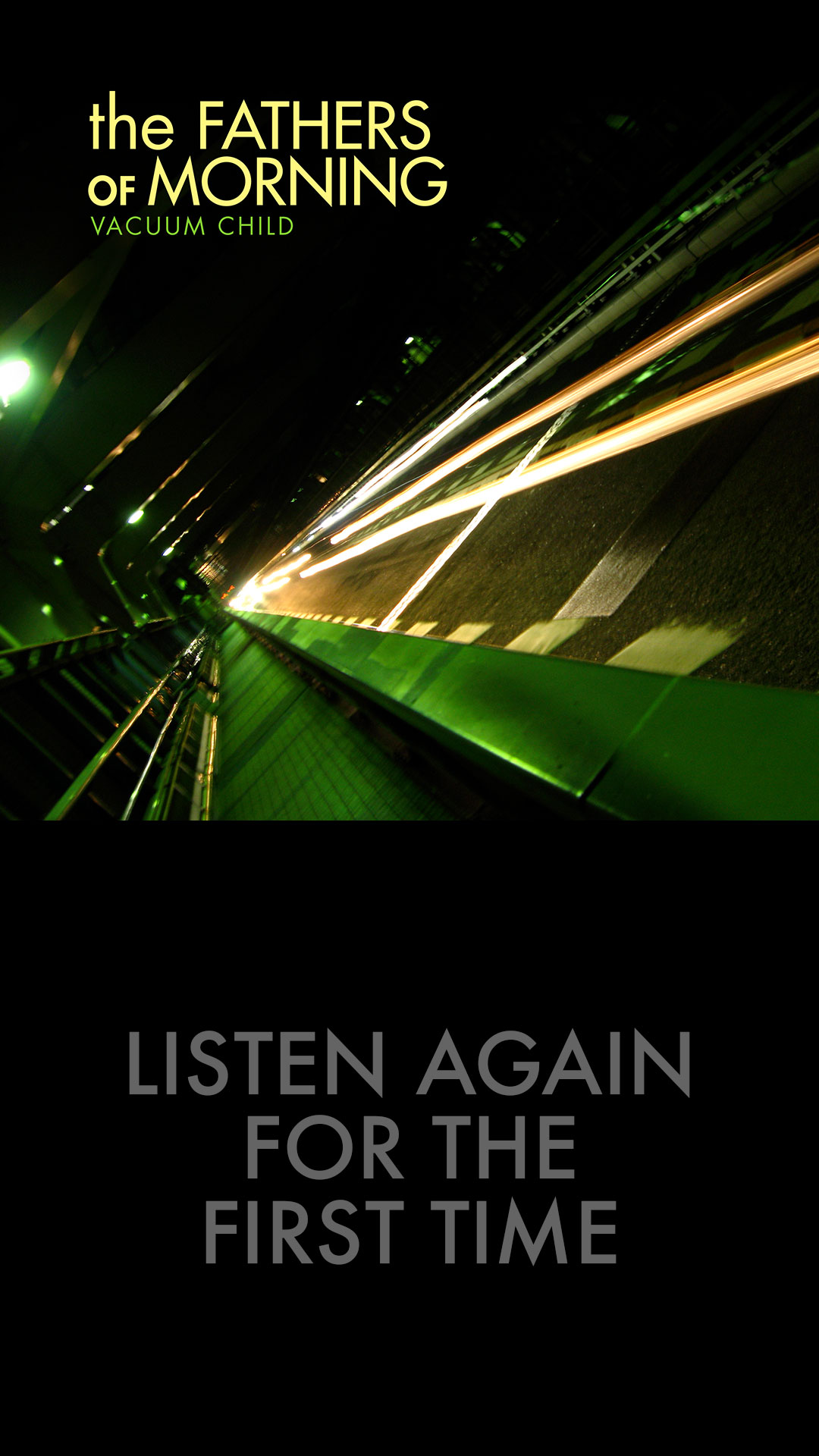
For a performer with a 30-year tenure releasing music as Destroyer, Dan Bejar seems to have an indifferent, if not adversarial, relationship with the spotlight. At Underground Arts on a stormy Sunday night, Bejar crouched at the front of the stage when he wasn’t singing, literally taking himself out of the spotlights. (At least he stayed onstage, which is more than he’s done when performing with the New Pornographers.) Bejar never smiled, barely acknowledged the crowd and often looked like he was scowling. But he was fantastic.
Bejar comes across as a bit of a mad professor: smart but enigmatic, charismatic but aloof, with the best unkempt hair this side of Robert Smith—or, to extend the mad-professor allusion, Gene Wilder in Young Frankenstein. He’s unpredictable, too, lyrically and musically.
Part of the joy of being a Destroyer fan is witnessing a constant state of reinvention. Destroyer has been a solo vehicle for Bejar, sometimes in an acoustic-guitar/indie-folk mode, sometimes as a synth-pop project, but more often, he’s configured and reconfigured a core band that differs in focus for each album or tour. This year’s typically captivating Dan’s Boogie is louder and weirder than most Destroyer albums since 2011’s Kaputt, when Bejar scaled back his densely worded, Bowie-centric bent in favor of a smoother and more polished style, often featuring Joseph Shabason’s mellifluous saxophone.
At Underground Arts, six band members joined Bejar on the small stage, most of them regulars in Destroyer for the past 15 or so years. Bejar’s central foil was trumpeter JP Carter, who often manipulated his sound through effects boxes and loops.
They opened with a loud, wall-of-sound blast for “The Same Thing Or Nothing At All,” which also begins Dan’s Boogie. Dense with feedback from guitarists Nic Bragg and David Carsell and thick with keyboard chords from Ted Bois, the song seemed like a declaration of intent for an uncompromising, thrilling performance.



Although the contours of most songs, old and new, hewed close to their album versions—and some featured backing rhythm tracks—the current arrangements made them louder and more dramatic. Glammy guitars anchored “It Just Doesn’t Happen” and “Hydroplaning Off The Edge Of The World,” and the latter concluded with Bejar reading a spoken-word diatribe from crumpled sheets of paper. “Tinseltown Swimming In Blood” and an epic “Suicide Demo For Kara Walker” grew into vibrant, danceable climaxes that pulsed with New Order-like sequencers.
Jennifer Castle opened the show with an engrossing solo set that showcased her soulful vocals, sometimes bringing to mind Maria McKee. Castle joined Destroyer for “Bologna,” which began with a slow, almost funky groove and gradually shifted into a squealing duel between guitar feedback and distorted trumpet.
Many songs started in one place and ended somewhere radically different. “Sun Meets Snow” commenced with Bejar talk-singing in a conspiratorial mode, then it became thunderously and dramatically loud, like some avant Scott Walker track. “Times Square” and “The States”—both highlights—stretched out with long instrumental codas while Bejar crouched in front of the band. The evening’s experimental bent was most apparent when most of Destroyer sat on stage to witness a duet between Carter’s electronically manipulated trumpet and Bois’ abstract keyboards, which was kind of cool, but overly long.
“European Oils” (the oldest song in the set, from 2006’s Destroyer’s Rubies) had an undercurrent of anger with lines about “the fucking maniacs” and “desperate times call for desperate measures.” Maybe it’s just our current fraught relationship with Canada and the fact that the Bejar is from Vancouver, but several incidental lyrical references to America throughout the set seemed particularly bitter.
While the show prioritized volume and drama, it also included moments of tender delicateness in songs such as “Cataract Time” and “Travel Light.” A long version of “June” (from 2022’s Labyrinthitis) aptly ended the set with a captivating sequence of moments. There was some soft singing at the start, then a hooky midsection driven by Brian Betancourt’s funky plucked bass line (which wouldn’t sound out of place on Bowie’s Young Americans), then a noisy squall to back Bejar reading a surreal screed while pacing at the front of the stage.
Late in the set, Bejar thanked the crowd “for coming out during a nor’easter” and seemed sincere, but it was hard to tell how much he enjoyed being the frontman. He seemed to have the most fun watching his bandmates work without him. Fair enough. Destroyer was great, whether or not Bejar was in the spotlight.
—Steve Klinge














